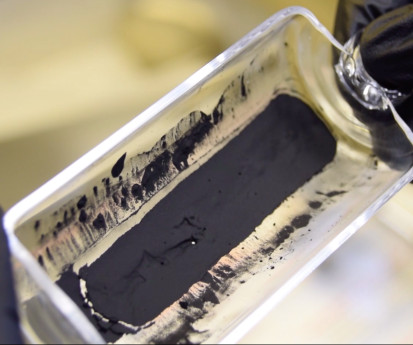UP Catalyst CO2-derived carbon nanotube electrode material boosts cycle life in Na-ion batteries
Green Car Congress
MARCH 11, 2023
Tests conducted by Titirici Group , a multidisciplinary research team based at Imperial College London, have found that a novel carbon nanotube electrode material derived from CO 2 —produced by Estonian nanotech company UP Catalyst ( earlier post )—enhances the cyclability of sodium-ion batteries.










Let's personalize your content